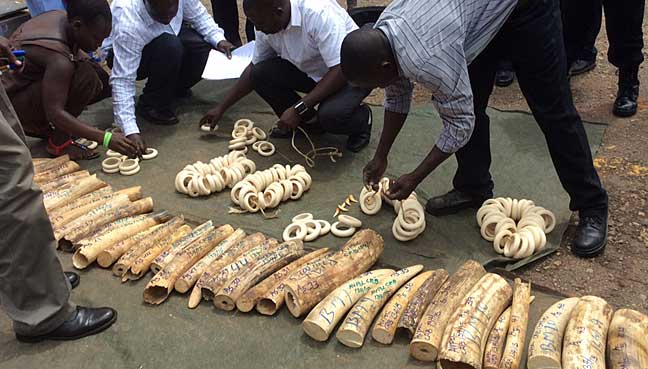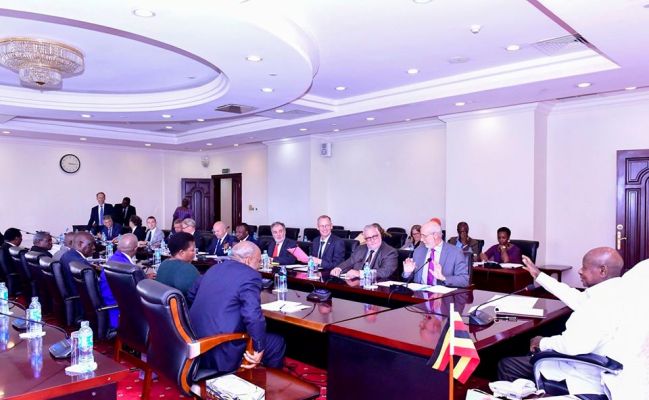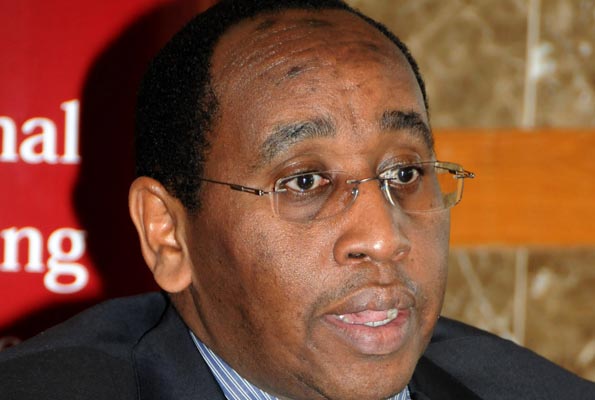Ugandans of eighteen years and above who are in prison or the Diaspora have a right to vote under article 59 of the Constitution, the High court in Kampala has declared.
This follows a case filed in 2018 by a Concerned City Lawyer and Human Rights Activist Kalali Steven against the Attorney General and the Electoral Commission, seeking orders compelling Government to immediately register these Ugandans as voters and to facilitate their voting in subsequent elections. He argued that their exclusion from the voting process amounts to discrimination.
Justice Lydia Mugambe accordingly directed the Electoral Commission to comply with its obligation under article 59 clause 3 and take all necessary steps to ensure that as Citizens, they are registered and exercise their right to vote in the coming 2021 General Elections.
Justice Mugambe ruled that she finds no justification of the Electoral Commission’s continued violation of the named Ugandans constitutional rights.
Electoral Commission’s Hamidu Lugolobi had argued that the two categories of Ugandan citizens in issue cannot vote because the current legal framework does not cater for intricacies connected with voting in incarceration or the Diaspora.
But Justice Lydia Mugambe didn’t agree with him saying Article 59(1) and (2) of the Constitution gives prisoners in Uganda aged 18years and above the right to be registered as voters and to vote.
These Ugandans, the Judge notes they are part of the citizens envisaged in Article 59 of the Constitution; adding that the response of the Electoral Commission does not demonstrate in any way that there has been any effort to give life to Article 59 in regard to the two Categories of Ugandan Citizens; and as such the Judge could not imagine anything that could take away the constitutional right to vote for prisoners and Ugandans in the Diaspora.
The Judge also observed that Electoral Commission as a government entity vested with this voting mandate, should have raised any issues of law reform timely, but there is no evidence that this has ever been done since 1995 when the Constitution came into force.
It’s against this background that Justice Mugambe maintained that the continued disenfranchisement of these Ugandans is a violation Article 1 of the constitution which stipulates that all power belongs to the people; and a violation of Section 18 of the Electoral Commission Act which requires the Electoral Commission to include all persons entitled to vote in any election in the voters register.
She said being a Prisoner or in the Diaspora does not take away the rights, like the right to vote, that results from one’s citizenship under the constitution.
And that the right to vote to be meaningful, there must be access to information regarding who is standing, for what positions, there manifestos and other information relevant to voting.





